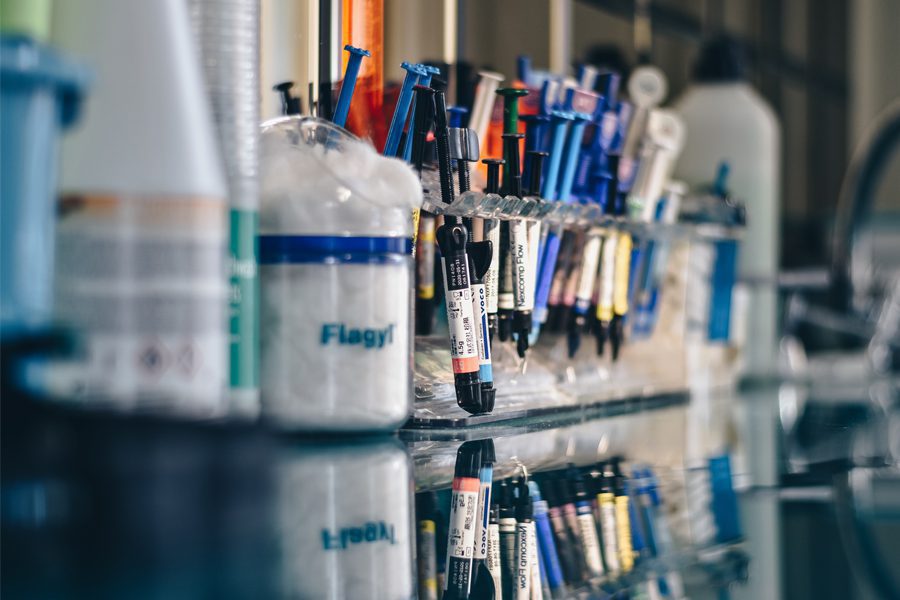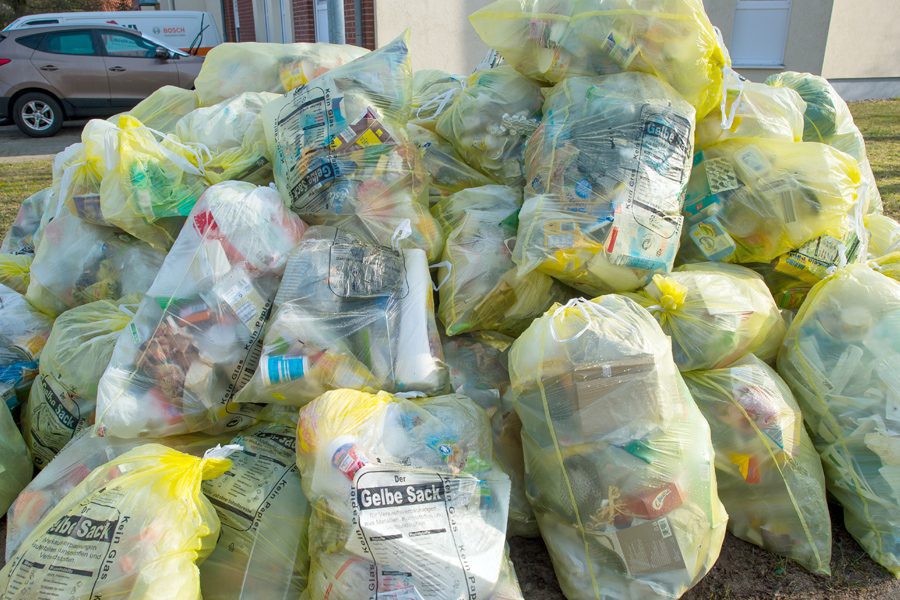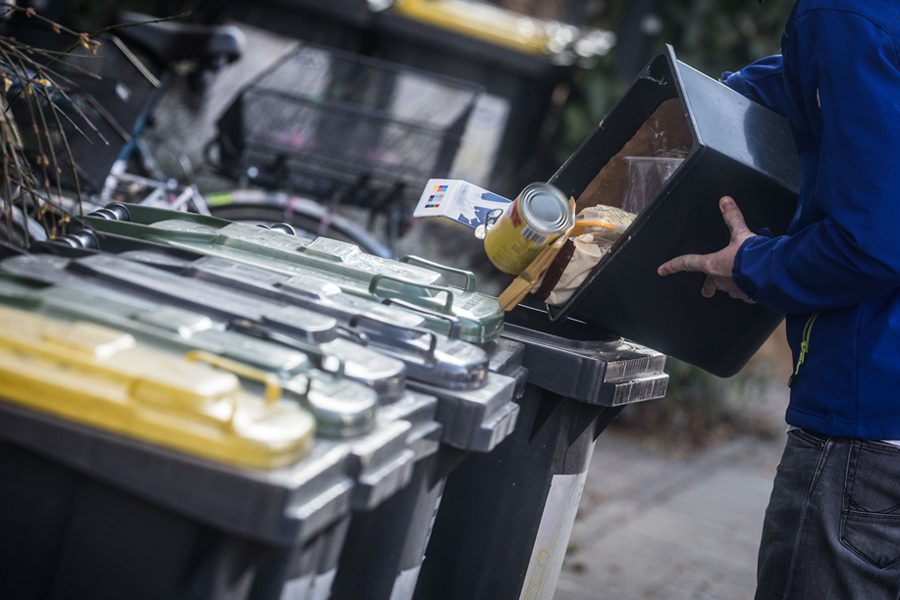We Throw Away Our Medicine And drink it in the water. Zaborona reports on how household medical waste can be dangerous and what to do with it

While people in other countries are developing special programs for the collection of medical waste, the Ukrainian government advises its citizens to place their medicine and syringes in a plastic bag and throw it in the rubbish. Furthermore, Ukraine does not have statistical information about the extent of this problem. Zaborona writer Anna Belovolchenko, along with some experts, found out why the problem of household medical waste is being ignored in Ukraine, why it is dangerous, and what people in other countries do with expired medicine.
From medicine cabinet to glass of water
In Ukraine the collection of used batteries, thermometers, and fluorescent lights is widely available. Every month special Eco Buses travel to different cities to collect these dangerous waste products. Used batteries can be disposed of in supermarkets, pharmacies, and even hospitals. Yet for household medical waste, none of this is available. People throw away expired medicine, used syringes, and finished ampoules in the rubbish bins next to their house. This means that these waste products will eventually find their way to the rubbish dump.
In the years 1999 and 2000, The United States Geological survey carried out research on water samples taken from 30 different states. In 80% of the samples the researchers discovered the traces of one or several types of medicine: antibiotics, antidepressants, pain-relievers, and other, similar forms of medicine. As a rule, wastewater treatment plants are not capable of removing pharmaceutical remains, and if they do, there is an increased percentage of medicine in silt, which is partially used for irrigation. Hence, traces of medication will find their way into the human organism one way or another.

In the years 1999 and 2000, The United States Geological survey carried out research on water samples taken from 30 different states. In 80% of the samples the researchers discovered the traces of one or several types of medicine: antibiotics, antidepressants, pain-relievers, and other, similar forms of medicine. As a rule, wastewater treatment plants are not capable of removing pharmaceutical remains, and if they do, there is an increased percentage of medicine in silt, which is partially used for irrigation. Hence, traces of medication will find their way into the human organism one way or another.
What can we learn from the experience of other countries?
In the world there is no consensus on the best way to dispose of household medical waste. For example, in France, The United Kingdom, Denmark, Belgium, and several other countries, there are laws that oblige pharmacies to collect the population’s household medical waste. Whereas in Ireland, Albania, or The Czech Republic, people can safely dispose of this kind of waste if they want to, but if they don’t, they are allowed to flush it down the toilet.
In France, the population produces 360 tonnes of medical waste every year. Since 2011, the French legislature has made it compulsory for pharmacies and medical laboratories to accept household medical waste free of charge. However, people are not allowed to just bring their leftover paracetamol and throw it away — all waste must be sorted into the relevant container. In Nice every year the population produces three tonnes of medical waste – to deal with this, the city created more than 100 collection points.
In the USA, expired medicine or vitamins can be disposed of at special collection points named Drug Take Back Boxes. Until 2010, the USA relied on law-enforcement agencies for the collection of household medical waste. Now this waste can be given away at hospitals, pharmacies, and pharmaceutical companies.

Needles or other sharp medical waste can be taken away in packages. First, you order a container for sharp medical equipment, fill it up, and then place it in the designated box for transportation. The company removes packages however frequently it is necessary — this could be once a week or once a month.
The Israeli legislature, on the other hand, does not oblige its citizens to dispose of household medical waste in special collection points. Only 14% of Israelis make use of these facilities. Nonetheless, since 2001 the Ministry of Health has recommended pharmacies to provide special containers for the collection of pharmaceutical waste. And in 2006, a local pharmacy together with the Ministry of Health initiated a campaign for the collection of household medical waste. Everyone who donated unused medication received a packet of vitamin C tablets.
Ukraine has «fully investigated this question»
The Ministry of Natural Resources has stated that no administrative or regulatory actions will produce the desired outcome. They say that officials have «fully investigated this question» and have studied the international experience.
«We’re more partial to the idea of making recommendations about what to do with the medical waste coming out of people’s homes. This waste must be placed in a plastic bag, closed tightly and placed alongside general waste in rubbish containers» states Minister of Environment and Natural Resources, Roman Abramovskiy.
The Ukrainian legislature has not defined what «household medical waste» is. Also, according to legal manager of the international NGO «Environment-People-Law» Olga Melen-Zabramnaya, Ukrainian law lacks a provision «on [medical] waste».
Today, legal regulation affects only the waste being produced by hospitals. The latter has to disinfect its waste and transfer it to other companies for management. However, at the same time, it is hard to know whether the companies that collect waste are disposing of it properly. The waste may be collected, and then thrown away in another place. Sometimes hospitals do not even transfer their waste to the aforementioned companies, but simply burn it themselves.
One expert claims that city and town councils are obliged to collect their residents’ medical waste, but only along with municipal solid waste (MSW). Likewise, councils can also organise collection points and explain which kind of medical waste can be disposed of at these points.

«This should be clearly stated in the MSW or hazardous waste management programs of the city, in the municipal cleaning scheme, etc» — notes Melen-Zabramnaya.
If the local authorities fail to do this, residents can independently organise waste collection and management. In such a case, they would have to pay for this themselves, or through a homeowners association, for example.
These sorts of associations can provide a space and a container for medical waste and explain exactly what kind of waste may be disposed of. They also can enter into an agreement with an organisation licensed for waste collection and management.
The fight against medical waste is fought by a few activists
Whilst the government has not produced any policy regarding medical waste, volunteers have taken this matter into their own hands. In Khmelnytsky there is an Eco Bus that collects expired medication along with thermometers, batteries, and lightbulbs.
In five years time, organisers in Poltava plan to put forward a hazardous waste management program. It will make sure that waste is collected at different stops along a route taken by an Eco Bus. Then, it will transfer this waste to be managed by special organisations that possess the relevant equipment and licensing. Medical waste will be removed in special containers with hermetically-sealed lids.
In Sokal, Lviv region, doctor and chairwoman of public association «The Workshop of Dreams» Maryana Klimtsiv decided to take a different approach. The association won a grant from the Swiss organisation «The Clean Baltic Coalition» and set up four containers for medical waste in the city. It is true, Klimtsiv notes, that they had to give some extra explanations about why this was necessary in the first place, since no one had really considered the danger of the issue.
The activist explains: «people didn’t know that the drugs they were throwing away were returning to them in the water. They didn’t know that, as a result, their medicine can stop having any effect, since people develop a resistance to it».

The organisation has held trainings for doctors, as well. According to Klimtsiv, in Ukraine it is common that when doctors prescribe a medication, they will also prescribe two or three others that can have similar effects. Due to this kind of practice, people accumulate an excess amount of medicine. Furthermore, pharmaceutical companies sell medicine in packets: the doctor prescribes a patient to take tablets for five days, but in the packet there are ten. What doesn’t get used goes in the rubbish.
The rubbish containers (each costs €50) were bought in Ukraine and were placed in hospitals and pharmacies. In one year, the town of Sokal, with a population of 20,000, collected 100kg of medical waste: ampoules, ointments, tablets, and similar medicine. Now, that waste will be transferred to the organisation «Environmental processing technologies» for management. To manage pharmaceutical waste in Ukraine is not cheap: it costs one thousand euros for one tonne of waste. Nonetheless, Klimtsiv claims that if this sum is split between the whole town’s population and simply added to the cost of waste removal, it is not a critical amount.
In 2018, founder of waste-management project «Green Bird» and chairwoman of the public association «Ecological Standard» Viktoriia Norenko got involved in Kyiv’s household waste problem. She applied to Kyiv’s public budget for a grant to set up a project to collect pharmaceutical waste and won. She wanted to provide containers in busy, public areas; for example, near to supermarkets or pharmacies, but these plans were rejected. She could not find space for containers on the territory of public institutions, so she decided to make space for them on the territory of her own organisation that was already working with the disposal of different kinds of waste.
What should people do with their medicine?
Above all, it’s a good idea to look through one’s medicine cabinet and check whether there are any expired medications, which are dangerous for one’s health.
Expired or unneeded medication should not be flushed down the toilet or sink. If your city does not have a collection point for pharmaceutical waste, it is better to dispose of what you have in a rubbish bin. However, before doing this, it is important to remove the medication from its packaging, to crush it, and to mix it with your other waste, such as cat litter, coffee granules, or earth. Medication will harm the environment, but at least this way it will not be eaten by an animal, or a person who, for one reason or another, is forced to look through rubbish bins for food.

It is not advisable to simply throw away syringes. It is better to at least place them in a box, so that the rubbish collectors do not hurt themselves.
Viktoriia Norenko also gives us another tip: if you have a doctor, you can pass your waste onto him/her. This way there is a chance that the waste will be disinfected and processed by the appropriate organisations.
Translated by Johnny Skilling.




